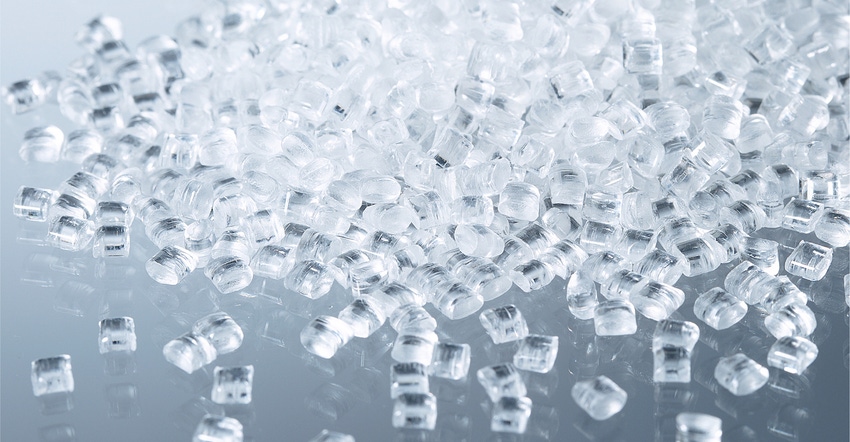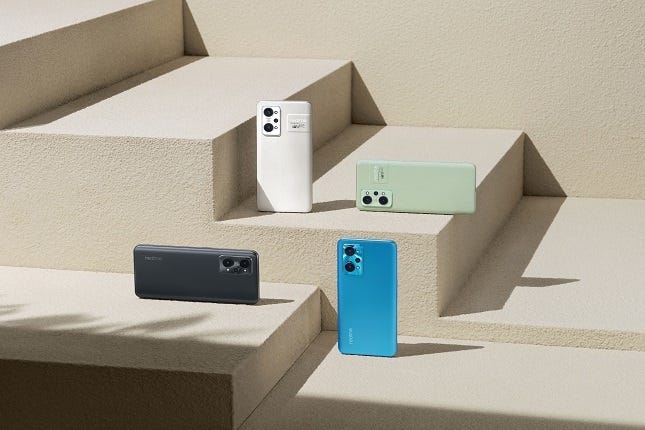Teijin Markets Biomass-Derived Polycarbonate
The Japanese supplier joins Saudi Arabia’s Sabic as a supplier of bio-based polycarbonate for the automotive and electronics industries.
February 2, 2023

Teijin has secured ISCC Plus certification from the International Sustainability and Carbon Certification (ISCC) system for the production of polycarbonate (PC) resin from biomass-derived bisphenol A (BPA) feedstock in Japan. Teijin is the first Japanese company to obtain ISCC Plus certification for PC resin. The newly certified biomass PC resin offers the same physical characteristics as resins made from conventional petroleum-derived BPA, allowing them to be used in commercial applications such as automotive headlamps and electronic components.
Beginning on January 30 of this year, Teijin kicked off producing and marketing biomass PC resin containing BPA made from biomass naphtha at its Matsuyama and Mihara production sites in Japan. Under the mass-balance approach method, materials are verifiably tracked through complex value chains, as in the case of biomass-derived raw materials being mixed with petroleum-derived raw materials to create end products.
With the start of the environmentally friendly PC resin, Teijin has launched a new product lineup called Circular Materials (CM), and the new biomass-derived PC resin products are now being promoted under the brands Panlite CM and Multilon CM.
Panlite CM is available in neat polymer, sheet, film, and compound form. Multilon CM is Teijin’s PC/ABS-based polymer alloy.
Sabic also recently debuted a bio-based PC copolymer, which has already been adopted by Chinese brand realme for the battery cover of its brand-new GT 2 Pro smartphone. LNP Elcrin EXL7414B copolymer resin is the first Sabic grade in an expanding portfolio to secure ISCC Plus certification. It is formulated with over 50% bio-based content from waste materials, which do not compete with the food chain, according to the mass balance approach.
|
Sabic’s bio-based PC copolymer is used in the housing of a Chinese OEM’s cellphone. |
“Our collaboration with Sabic to successfully incorporate this new bio-based copolymer in our GT 2 series smartphone has helped us achieve competitive differentiation and a stronger sustainability posture,” said Chase Xu, Global Vice President and Chief Marketing Officer at realme. “The use of bio-based materials is an important selling point for consumers, who increasingly seek out sustainable products.”
About the Author(s)
You May Also Like





